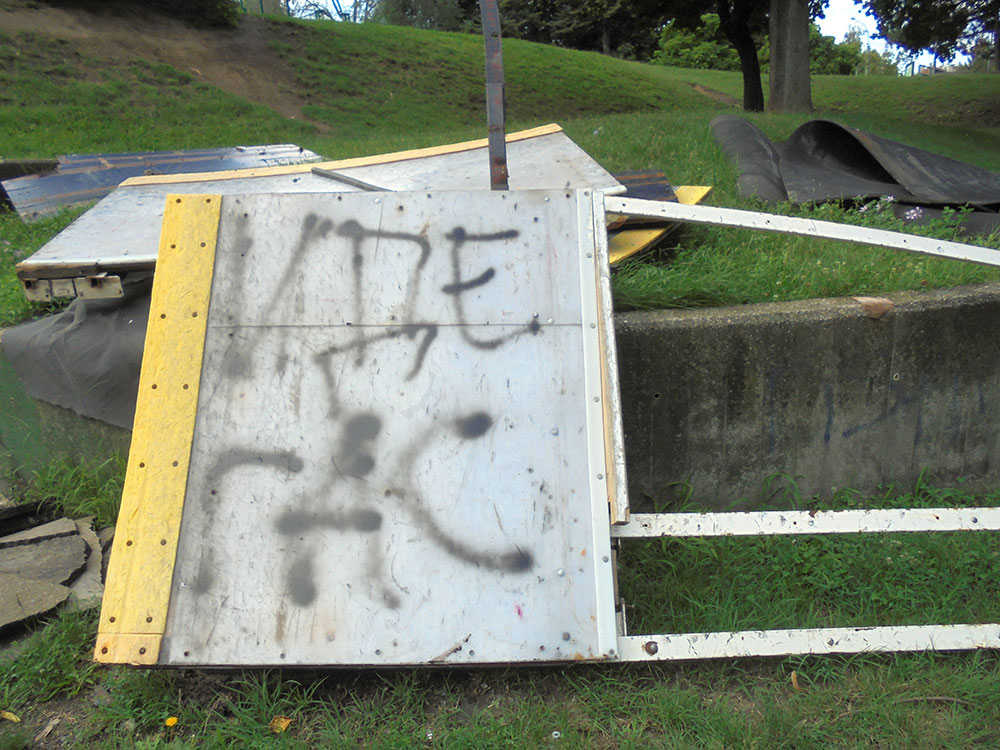
Historians say that Stalin liked to torture his subordinates by scheduling meetings in the middle of the night. How else could one explain the need of Aleksandar Vucic to open the Balkan Stream gas pipeline in pitch dark, at 6 AM? As he said himself, this project is of extreme national importance, almost as important as “Milos the Great” which, need I remind you, was opened with massive fanfares.
It is true that the Balkan Stream was made contrary to the rules of the European Union, but it is clear that no darkness, however great, could hide such a grand endeavor. For those who are perhaps less informed, I am talking about the “third party access rule” prescribed by the European Energy Community. In other words – there can’t be any monopoly or exclusivity, and every interested supplier has the right to use a given gas pipeline under pre-determined conditions. Serbia (formally: Energy Agency) decided to break this rule of the organization of which it is a member, and granted Gastrans, the investor, a monopoly for 20 years.
However, it is unlikely that the EEC will take any action against Serbia. Namely, North Stream 2 will soon be completed with a capacity of 55 billion cubic meters of natural gas per year; secondly, after the reconstruction, the capacity of the gas pipeline through Ukraine will be significantly increased from the current 50-60 billion cubic meters, so once American liquefied natural gas is added to that (it is more expensive, but Hungary has already bought 2.5 billion cubic meters), we have to wonder who would even need the 12 billion cubic meters of gas from Serbia. And – here is another catch – in order for “Serbian gas” to go to the European market, it is necessary for Hungary to build some fifteen kilometers of gas pipeline that would connect the Balkan Stream with its network. Of course, that is not difficult, but our brother Orban has not moved a finger to finish it, although in the meantime both Bulgaria and Serbia have built about 400 kilometers each. It could be that he is angry because, if Serbia soon starts to be supplied (exclusively) through Bulgaria, Hungary would lose about fifty million dollars in transit tax. President Vucic himself said that the tax is extremely high, emphasizing that the Bulgarian tax will be (only) 12-14 US dollars per 1,000 cubic meters, compared to 30 dollars of Hungarian tax.
Of course, the tax is not everything, there is also the matter of price. According to what was said that early January morning on the first day of 2021, natural gas from Russia will cost Serbia $155 (per one thousand cubic meters) in the future. Until now, we were paying $240 for natural gas, also from Russia. Even a big difference in tax cannot explain such a difference in price. How is that possible if the current authorities constantly convince us that Serbia has the most favorable, almost fraternal, treatment from Russia? The matter is simple – Bulgaria procures gas from Russia as a member of the European Union. The Union and Russia, as Dimitrije Boarov recently wrote in Novi Magazin, signed an agreement a year ago according to which EU countries received not only the best price ($133 per 1,000 cubic meters), but also the opportunity to export Russian gas themselves. All in all, no matter how paradoxical it may sound, it is cheaper for Serbia to buy Russian gas from the European Union than directly from Russia.
If we only knew how much that gas would actually cost us. Because, just as the Balkan Stream was opened in the dark, its finances are similarly murky. “Having in mind the high price of the construction of the gas pipeline, it is also important that we will be able to repay the loans for the construction from the transport,” said president Vucic at the opening of the Balkan Stream. On the one hand, those revenues from transit tax, as we have seen, are quite noteworthy. On the other hand, however, the exact value of that “high price,” those loans, who took them, when, at what interest, for what period, etc. – on these matters, we are still in the dark.
Translated by Marijana Simic
Peščanik.net, 14.01.2021.
- Biografija
- Latest Posts
Latest posts by Mijat Lakićević (see all)
- Putinovo „paljenje Rajhstaga“ i Vučićevo pumpanje srpstva - 29/03/2024
- Pretnja mirom: Srbi, Rusi i Kant - 22/03/2024
- Željko Obradović, državni neprijatelj - 23/02/2024


